Indigenous Governance Database
stereotypes
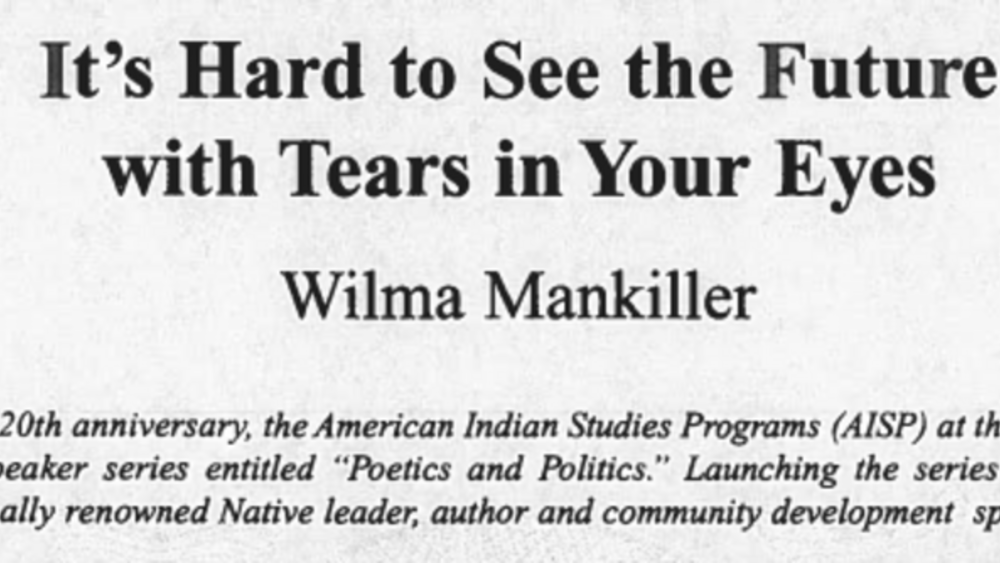
It's Hard to See the Future with Tears in Your Eyes
To commemorate its 20th anniversary, the American Indian Studies Programs (AISP) at the University of Arizona staged a speakers series entitled "Poetics and Politics." Launching the series was Wilma Mankiller (Cherokee), a nationally renowned Native leader, author, and community development…
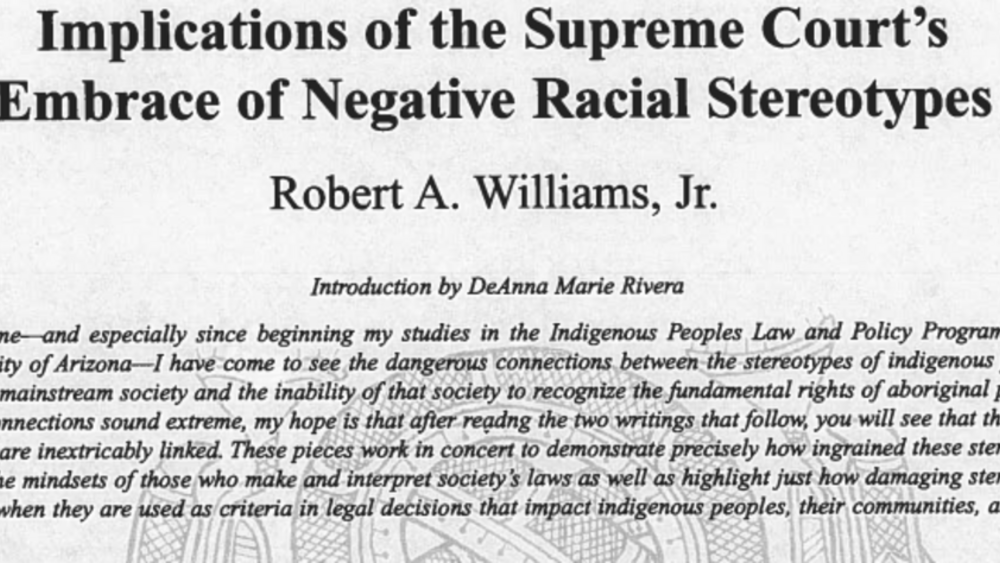
Implications of the Supreme Court's Embrace of Negative Stereotypes
The issues surrounding Native stereotypes should not be dismissed or diminished as merely "surface" problems. "Indian" stereotypes go to the core of the legal, political and economic struggles that Indigenous peoples confront in their work to preserve and strengthen their respective cultures and…
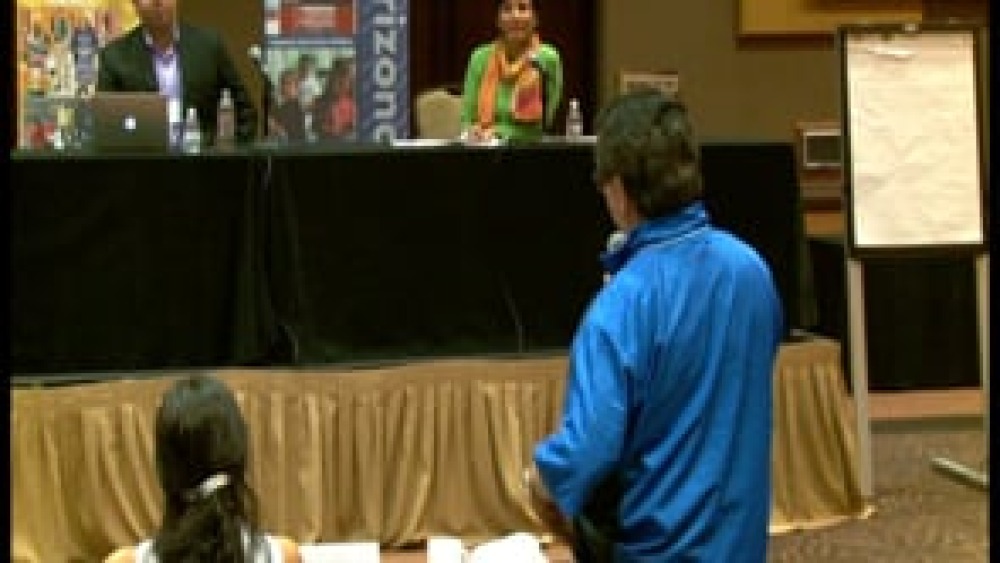
LeRoy Staples Fairbanks III and Adam Geisler: What I Wish I Knew Before I Took Office (Q&A)
Leroy Staples Fairbanks III and Adam Geisler field questions from the audience about the role of education in nation building. The discussion focuses on the importance of Native people being grounded in their culture and language, and where and how that education can and should take place.
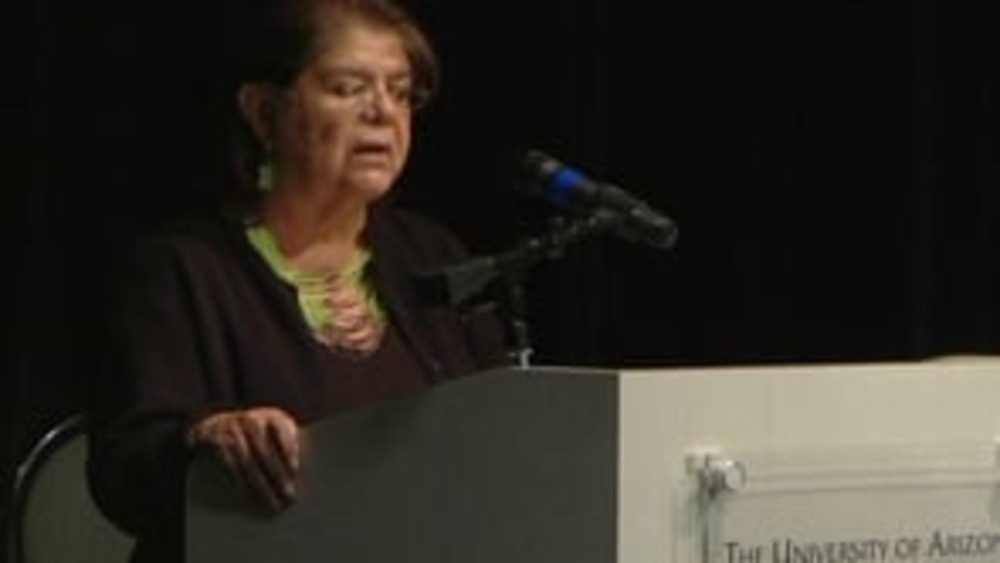
Wilma Mankiller: What it Means to be an Indigenous Person in the 21st Century: A Cherokee Woman's Perspective
Former Principal Chief of the Cherokee Nation Wilma Mankiller discusses the common misperceptions that people have about Indigenous people in the 21st century, and the efforts of Indigenous peoples to maintain their identity, cultures, values, and ways of life.
Suzan Shown Harjo: Nobody Gives Us Sovereignty: Busting Stereotypes and Walking the Walk
The first-ever speaker in the Vine Deloria, Jr. Distinguished Indigenous Scholars Series, Suzan Shown Harjo (Cheyenne/Hodulgee Muscogee) shares her personal perspective on the life and legacy of the late Vine Deloria, Jr., and provides an overview of her work protecting sacred places and…
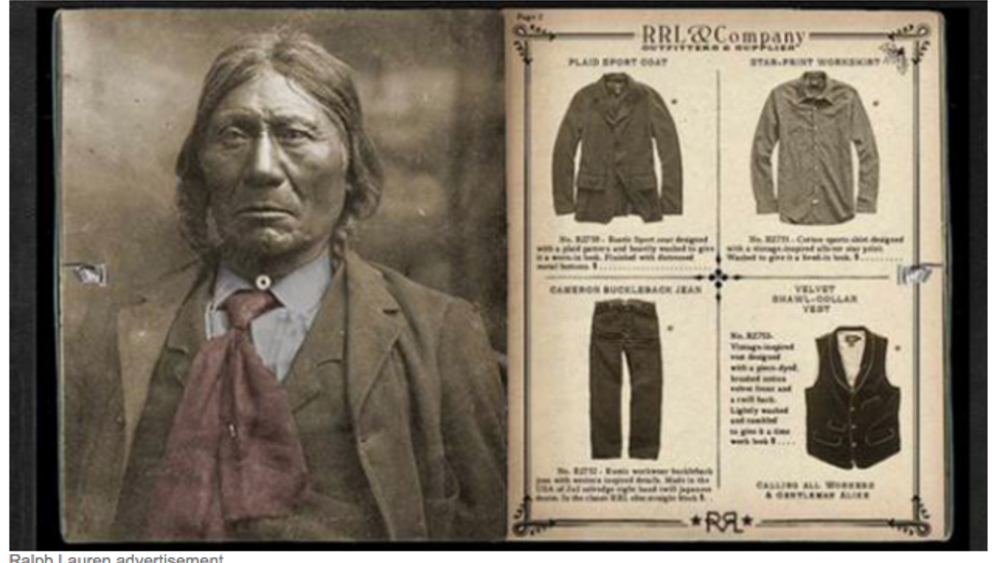
Ralph Lauren's Racist Ads
So Ralph Lauren, the serial cultural appropriator of all things Native American, is in trouble once again. Lauren has given offense to Native Americans before with his inappropriate uses of war bonnets and eagle feathers. There was also that time he appeared on the Oprah Winfrey show, showing off…

5 More Native American Visionaries in Washington State
As the holidays kick in and people start looking ahead to the coming year, it is only fitting to acknowledge the leaders who will take Indian country into the future. Last month we brought you five Native leaders who are protecting rights, exercising sovereignty, building intercultural bridges and…
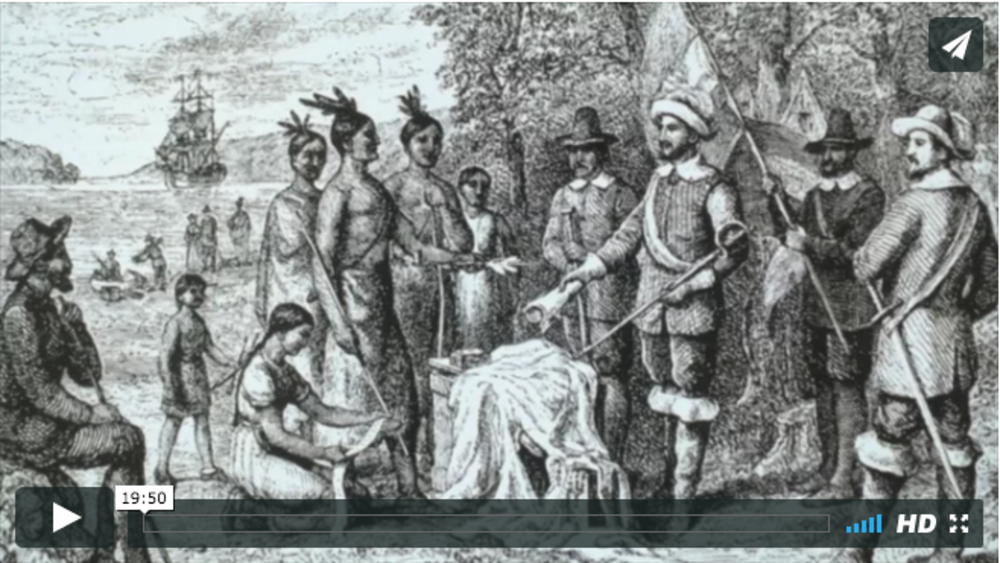
Web Extra: American Indians Confront 'Savage Anxieties'
This week Bill speaks with legal expert Robert A. Williams Jr. about how stereotypes of American Indians have been codified into laws and government policies, with devastating consequences. In this web extra, Bill speaks with Williams about why none of the Supreme Court justices “wants Indian…
